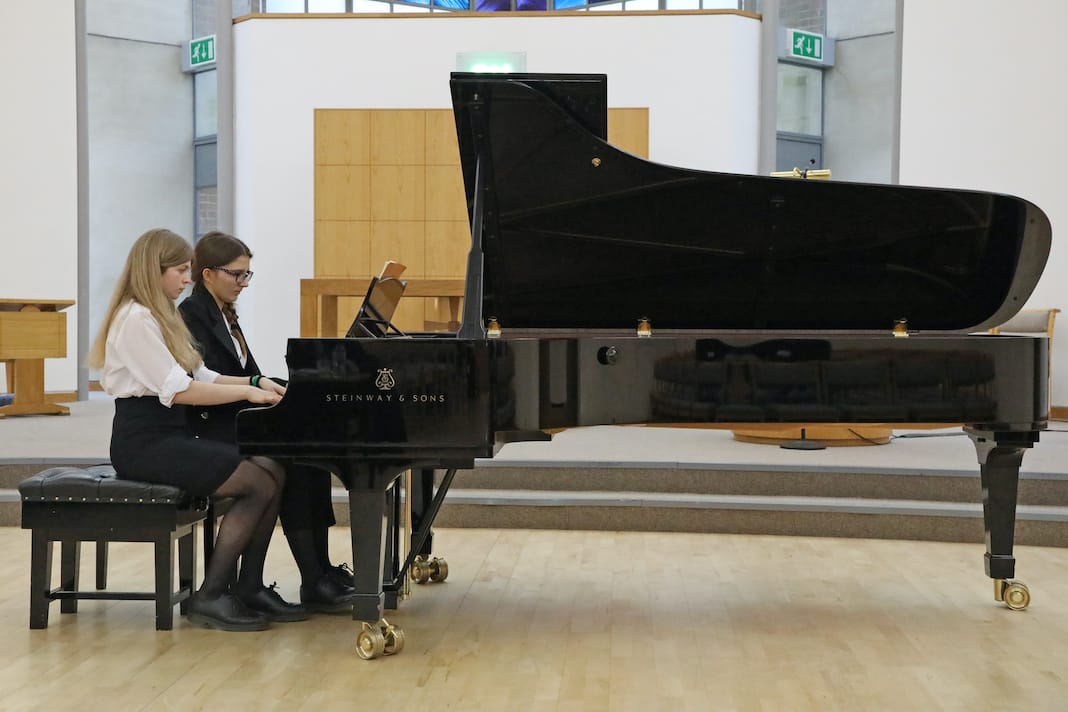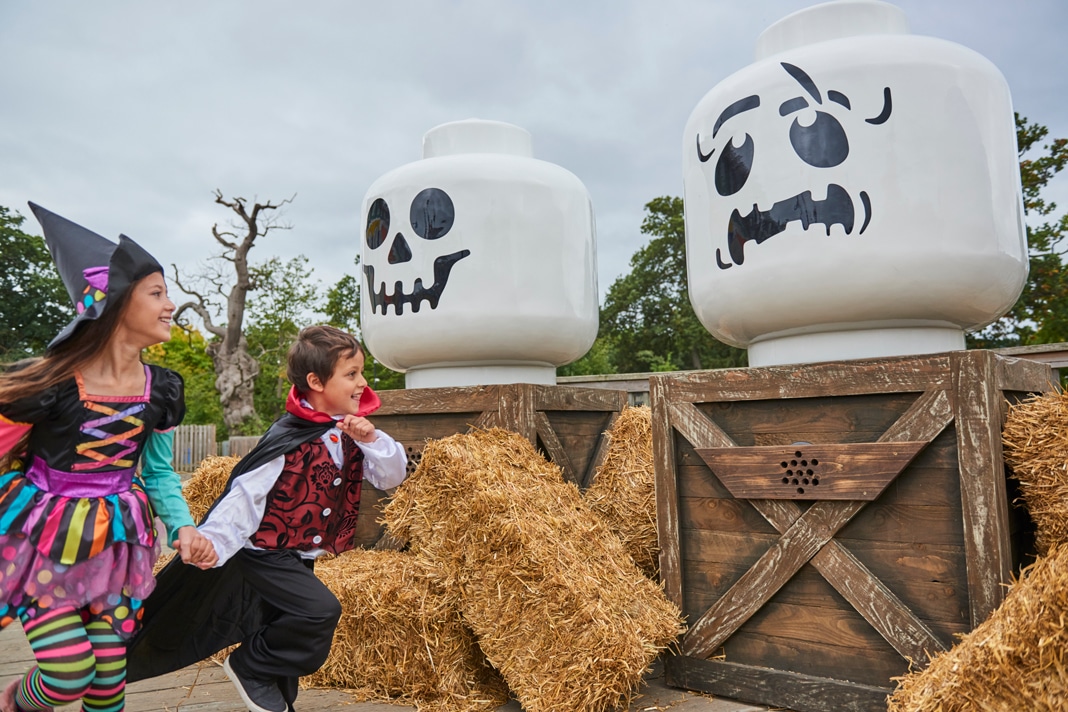Pangbourne College Director of Music Chris McDade describes how the Berkshire school has worked to ensure students can continue to make music during the Covid pandemic
Last summer, the Incorporated Society of Musicians (ISM) undertook research on how the pandemic had affected the provision of music in UK schools. Most of the respondents (75%) were from the state sector. Findings were published last December in a report called ‘The heart of the school is missing: Music education in the COVID-19 crisis’. The report found that 39% of secondary school teachers have seen reduced music provision as a direct result of the pandemic. Furthermore, over a quarter of secondary schools have not continued face-to-face instrumental lessons in the 2020/2021 academic year, while in two thirds of schools, extra-curricular music activities are not continuing at all.
This news is incredibly disappointing. As a music teacher of over 30 years, I know only too well how beneficial music education can be for pupils, both academically and psychologically. In terms of academic achievement, it is well documented that learning a musical instrument can contribute to a child’s academic performance.And children’s mental wellbeing has undoubtedly suffered during the pandemic. Anyone who plays an instrument knows that immersing yourself in that activity offers a great deal of relief from the pressures of the outside world, and helps to reduce stress and anxiety. Yet many children are being deprived of this outlet.
Whether or not your child is a musical prodigy, learning and performing music is a critical part of your child’s wider educational experience; it improves their wellbeing, enriches what they do academically and enhances their other skills. Schools in the independent sector are more fortunate and usually have access to excellent musical facilities, such as specialist teachers and equipment. Pangbourne is no exception. For example, as one of only 20 ‘all Steinway’ schools in the UK, we have three concert pianos housed in our Recital Hall and Falkland Islands Chapel.

We were able to continue our one-to-one lessons during the national lockdown, albeit online. Since we reopened in September, we have reinstated our individual music lessons, providing over 140 one-to-one lessons in our music centre, every week. Of course, along with all other schools who have maintained their music provision, we have had to work very hard to adapt our teaching and follow Government guidance at all times. Our ensemble groups are now operating in their year group ‘bubbles’. Our Sixth Form Chamber Choir and Big Band ensembles are meeting weekly and we’re running weekly rehearsals for our Marching Band, albeit in separate groups.
“Immersing yourself in music offers a great deal of relief from the pressures of the outside world and helps to reduce stress and anxiety”
For most musicians, it’s really important to have the opportunity to perform to an audience, and we really want to continue engaging with our local community. So, instead of ‘live’ performances at local and national events, we have shared recorded versions of what we would normally perform live. For example, our pupils delivered beautiful performances for a recorded Service of Remembrance, a College Carol Service and provided Advent music for a collaborative service with other choirs in Pangbourne village. We have produced two music ‘showcases’ with recordings by our most advanced musicians shared with the College community online.
Of course, we are a long way from being back to ‘normal’, but I hope it won’t be too long before all schools throughout the UK can reinstate their musical education. Music is far too valuable to be allowed to disappear from education. In the meantime, at Pangbourne College we will continue to provide a safe environment for our pupils to learn, practice and perform music.
Further reading: The benefits of studying music
You may also like...






















